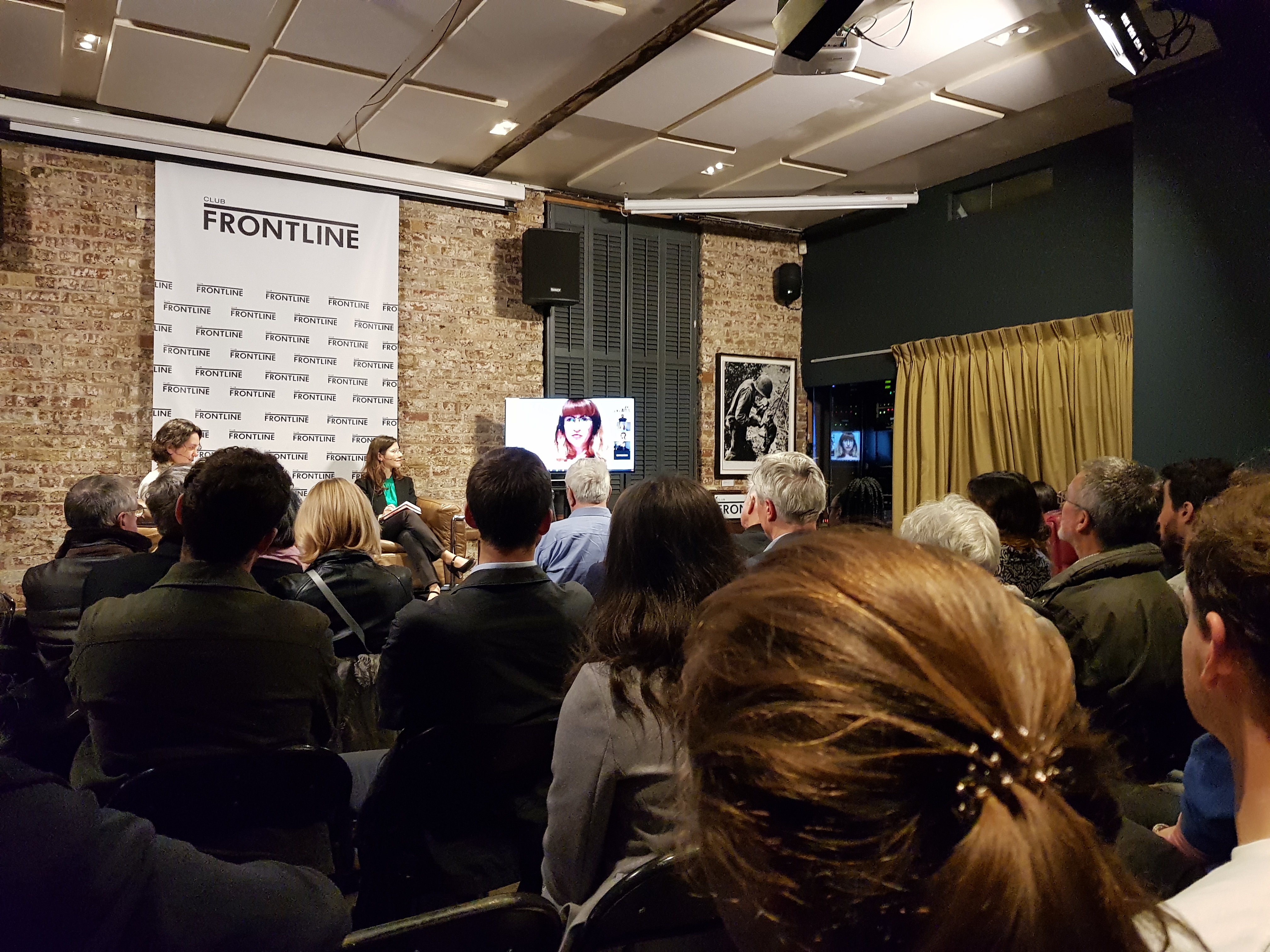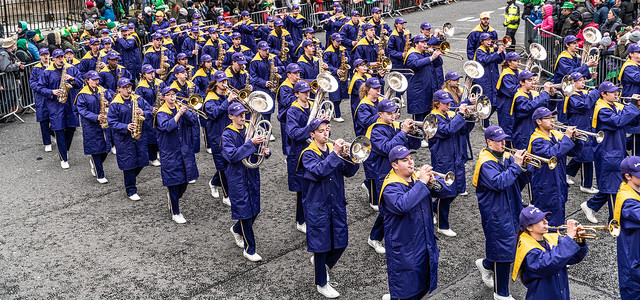Potential immigrants to the Netherlands will be faced with a film showing two men kissing in a park, and a woman in a topless swimsuit, after Wednesday of this week.
The DVD is part of a new entrance test designed to determine if applicants are open to the socially liberal views of the country. Their reaction to the footage will be recorded and used as part of the evaluation process.
Only applicants from predominantly Muslim countries such as the Middle East and Asia will have to view the film. People seeking entrance from other EU countries, the U.S., Canada, Australia, New Zealand and Japan will be exempt.
Islamic groups within Holland have condemned the test, calling it a ploy to restrict Islamic immigration in a country with one of the highest Muslim populations in the EU.
"It really is a provocation aimed to limit immigration. It has nothing to do with the rights of homosexuals. Even Dutch people don't want to see that," Abdou Menebhi told the Sunday Times. Menebhi is the Moroccan-born director of Emcemo, an organisation that helps immigrants to settle.
"They are trying to find every pretext to show that people should not come to The Netherlands because they are fundamentalist or not emancipated," he said. "They confront people with these things and then judge them afterwards."
Holland's new immigration rules, under Immigration Minister Rita Verdonk, have already resulted in compulsory integration classes, higher age limits for marriage for people from out of the country, and the loss of residency permits if immigrants commit petty crime.
These measures were undertaken in part due to outrage over the 2004 murder of the Dutch filmmaker Theo Van Gogh, who was brutally murdered after making an anti-Islamic film.
Although the film test is the first of its kind in the world, Germany introduced a similar measure in January in the form of a written questionnaire. Applicants from Muslim countries are required to answer a series of questions about the legality of homosexuality, among other issues.




